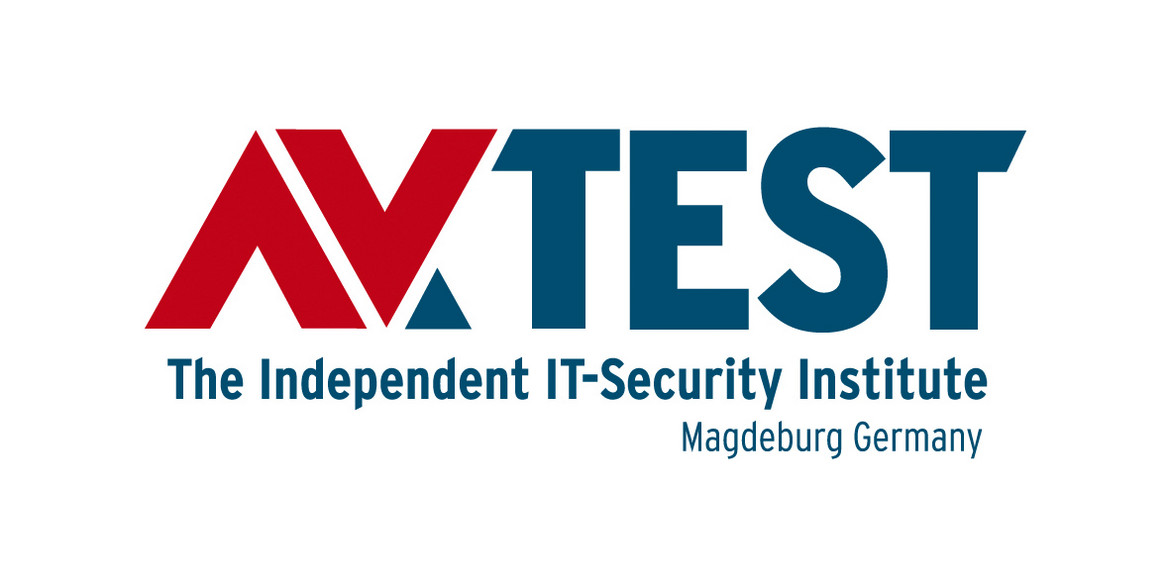Who Wants to Get Hold of Your Health Data?
Maik Morgenstern from AV-Test talks about fitness trackers, smart hospitals, who wants your private health data, and why.

Source: Adobe Stock | boscorelli

Maik Morgenstern, CTO, AV-Test
What would you pay to protect your personal information? Is some information more valuable to you than others? When asked in a 2014 study, respondents gave an approximate amount of what they would be prepared to pay to protect certain types of personal data. Indian respondents replied that protecting their credit card information was worth around $22, Chinese respondents said protecting their digital communication was worth just $4.50. In the United States, people said they would pay over a hundred dollars to protect their government identification data. And whereas Britons would pay an average of $60 to protect their health history data, Germans are prepared to pay three times as much, so over $180.
How much would you be prepared to pay to protect historical and current data on your health? How at risk is that data? How much would someone else be willing to pay to access your health data? Why should you even be worried about it falling into the wrong hands?
To answer some of these questions, dotmagazine spoke to Maik Morgenstern, the CTO of AV-Test, an independent IT security institute which evaluates and rates antivirus and security suite software.
Listen to the around 13-minute interview above, download it for later, or jump to the individual questions here:
Please note: The opinions expressed in Industry Insights published by dotmagazine are the author's own and do not reflect the view of the publisher, eco – Association of the Internet Industry.


